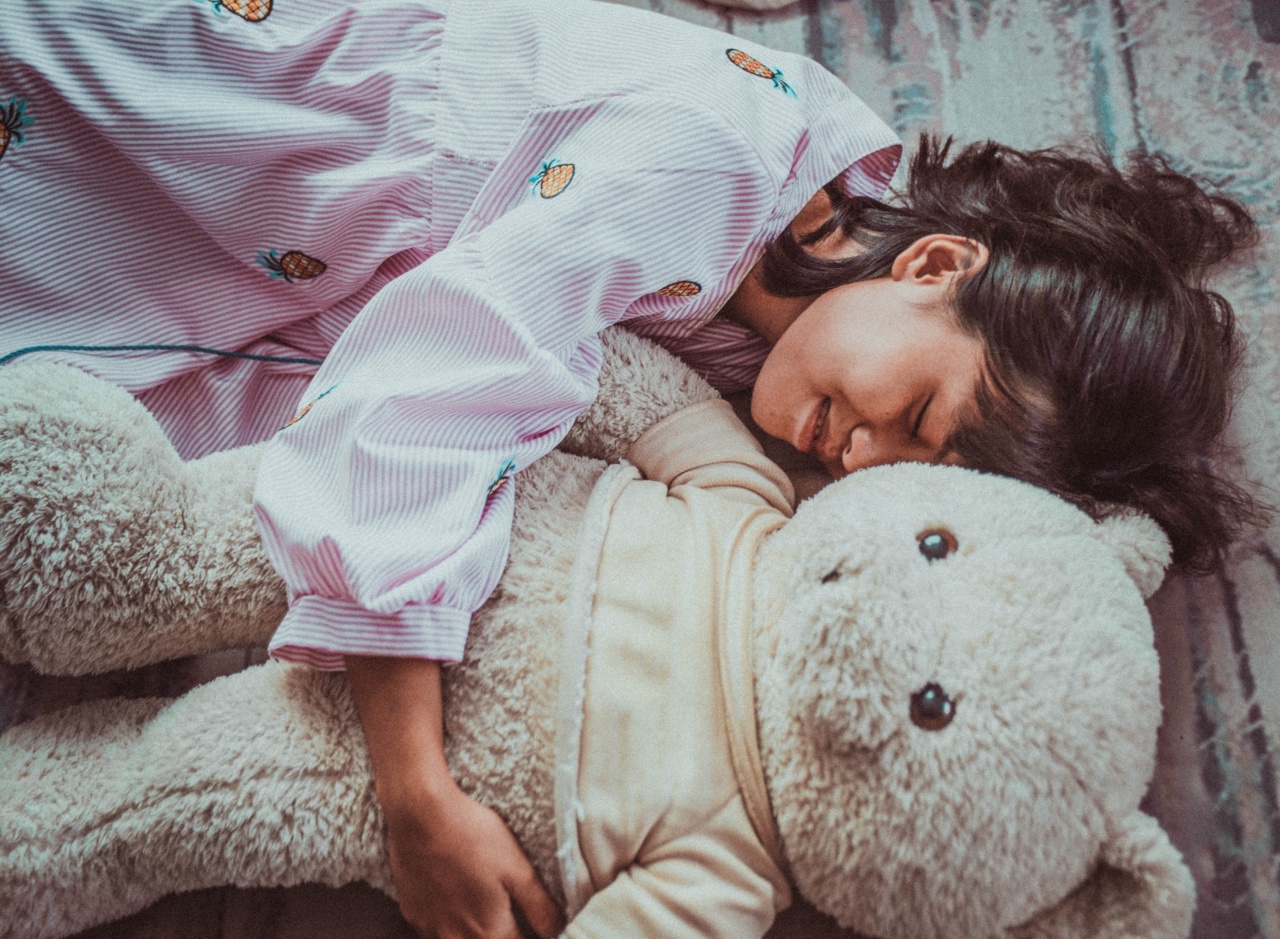There is no doubt that sleep is important for the overall well-being of any individual. This is especially true for adolescents, who undergo many physical, emotional, and psychological changes that require adequate rest to function correctly.
However, many adolescents suffer from a lack of sleep for various reasons, including academic and extracurricular activities, social media use, and stress, among others. Unfortunately, the consequences of inadequate sleep are numerous and can be detrimental to an adolescent’s physical and emotional health, as well as social and academic performance.
One area that is affected by insufficient sleep is an adolescent’s sexual behavior. Here are the risky sexual behaviors that occur when adolescents don’t get enough sleep.
1. Increased Sexual Risk-Taking
Adolescents who do not get enough sleep are more likely to engage in risky sexual behaviors than those who do.
This is because lack of sleep can impair judgment, cognitive function, and decision-making skills, leading them to engage in sexual activities that they may otherwise avoid. For example, an adolescent who is sleep-deprived may be more willing to have sex without a condom, engage in sexual activity with multiple partners, or participate in other high-risk sexual behaviors.
Such risky behaviors can increase the chances of contracting sexually transmitted infections (STIs) and unplanned pregnancies.
2. Difficulties Managing Sexual Urges
Sleep deprivation can also affect an adolescent’s ability to manage sexual urges. Adolescents who are sleep-deprived may experience a surge in hormones, leading to an increased desire for sexual activity.
However, their lack of sleep may also impair their ability to control these urges, leading them to engage in risky sexual behavior. This is particularly true for adolescents who are dealing with stress, anxiety, or depression, which can exacerbate the effects of sleep deprivation and lead to further risky behavior.
3. Impaired Decision-Making Skills
Sleep deprivation can impair an adolescent’s decision-making skills, which can lead to risky sexual behavior.
Adolescents who are sleep-deprived may struggle to weigh the risks and benefits of engaging in sexual activity, leading to impulsive and risky decision-making. This can also be exacerbated by peer pressure or other external factors, which can lead an adolescent to make decisions based on social norms rather than their own best interests.
4. Greater Risk of Sexual Assault
Adolescents who are sleep-deprived are also at a greater risk of sexual assault or harassment.
Sleep deprivation can impair an adolescent’s ability to recognize and respond appropriately to potentially dangerous situations, leaving them vulnerable and unable to protect themselves from sexual predators. Additionally, sleep-deprived adolescents may lack the energy or focus to effectively communicate their boundaries, leading to unwanted sexual advances or assault.
5. Poor Sexual Health Outcomes
Finally, inadequate sleep can lead to poor sexual health outcomes for adolescents.
In addition to an increased risk of STIs and unplanned pregnancies, sleep-deprived adolescents may also experience difficulties with sexual function, including erectile dysfunction and low libido. These problems can have long-lasting effects on an adolescent’s sexual health and function, contributing to poor self-esteem, body image issues, and relationship problems.
Conclusion
In summary, sleep is crucial for an adolescent’s overall health and well-being, including their sexual health.
Inadequate sleep can lead to a host of risky sexual behaviors and poor sexual health outcomes, which can have long-lasting effects on an adolescent’s physical, emotional, and psychological health, as well as their social and academic performance. As such, it is essential for parents, educators, and healthcare providers to prioritize sleep and provide adolescents with the tools and resources they need to get the rest they need.



























